In this article, let's explore Agentic AI and how its benefits can optimize the supply chain when applied.
1. What is Agentic AI?
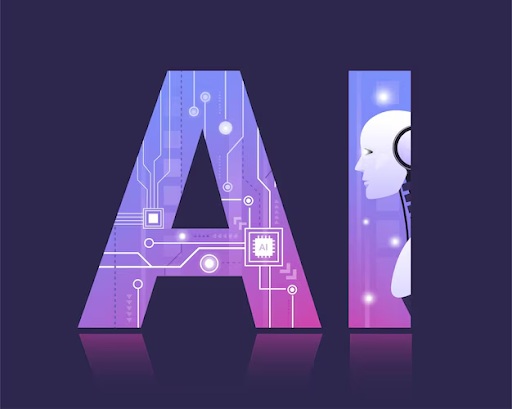
Agentic AI is one of the groundbreaking advancements in the AI industry. This is a combination of various methods, techniques, and AI models to create a new range of automated agents aimed at analyzing data, setting goals, and planning actions to achieve those goals. And the bonus is that businesses don't even need much human intervention to manage them. Compared to traditional AI models that only perform prompts or predefined tasks, Agentic AI can make decisions and plan actions on its own, and it can even learn from its experiences to achieve user-defined goals.
Agentic's AI is revolutionizing supply chain management by automating tasks, improving decision-making, and increasing efficiency.
The main components of Agentic AI:
- Sensors: Collect data from the environment.
- Processor: Analyzes data and makes decisions.
- Actuators: Perform actions based on decisions.
- Learning mechanism: Improving performance over time.
The unique point of Agentic AI:
- Autonomy: Agentic AI can operate independently, set its own goals, and find ways to achieve those goals.
- Decision-making: AI can analyze situations, consider options, and make choices based on its understanding of the world.
- Learning: Agentic AI can learn from its experiences, improving performance over time.
How it works: Agentic AI systems often use a combination of technologies, including:
- Machine learning: To learn from data and improve their decision-making ability.
- Natural Language Processing (NLP): To understand and respond to human language.
- Large language models (LLM): To generate text, translate languages, and answer questions.
2. What is the difference between Agentic AI and Generative AI?
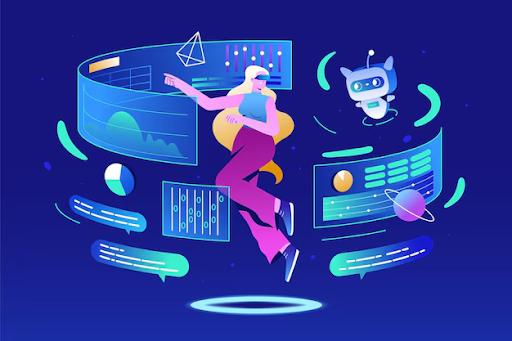
Agentic AI operates independently and can make decisions, perform tasks, and interact with the environment without human intervention. Generative AI creates new content, such as images, text, music, or code, in response to user prompts.
Agentic AI is ushering in a new era by supporting autonomous agents with independence in non-rule-based processes and decisions, which will transform industries and the way we interact with technology. But it's not just about automation; it's about enhancing the skills of machines so they can become partners with humans in solving complex problems, supporting businesses with critical thinking and decision-making abilities, as well as acting and learning from them.
3. Why Agentic AI makes supply chain transformation easier?
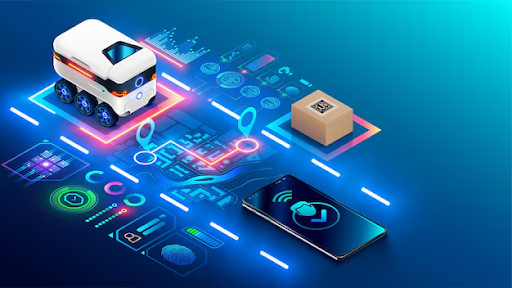
In transportation and logistics, Agentic AI ushers in an era of optimal supply chain automation. Transportation companies apply agentic AI to calculate the most optimal delivery routes based on real-time data about orders, traffic, and weather, helping to shorten distances and save fuel. Overall, Agentic AI is helping the logistics industry operate more efficiently, respond flexibly to fluctuations (e.g., order changes, supply chain disruptions), and optimize operational costs to the highest level.
Here are 3 outstanding features of Agentic Ai that help optimize the supply chain:
- Automation: Agentic AI can automate repetitive tasks such as order processing, inventory management, and even customer service interactions. This frees up employees to focus on more strategic and creative tasks.
- Improving decision-making: Agentic AI can analyze large amounts of data to identify trends and patterns that humans might overlook. This can lead to better forecasts, optimized pricing, and more efficient resource allocation.
- Increase efficiency: By automating tasks and improving decision-making, AI agents can help streamline supply chain processes, reduce costs, and improve delivery times.
Some specific examples of how Agentic AI is being used in the supply chain:
- Demand forecasting: AI agents can analyze past sales data, market trends, and even social media sentiment to predict future demand for products.
- Inventory management: AI agents can optimize inventory levels by predicting demand and automatically replenishing stock when needed.
- Logistics: AI agents can optimize delivery routes, predict potential delays, and even automate warehouse operations.
- Customer service: AI-supported chatbots can handle customer requests, track orders, and even resolve simple issues.
4. The benefits of applying Agentic AI in the supply chain

Reduce costs
Reduce operating costs: Automating and optimizing processes help reduce operating costs, such as labor costs, storage costs, and transportation costs.
Increase revenue: Improving forecasting and decision-making capabilities helps increase revenue by ensuring there is enough inventory to meet market demand and providing products and services that align with customer needs.
Automation and process optimization
Automating tasks: AI agents can automate repetitive tasks such as order processing, inventory management, and shipment tracking. This helps minimize human errors, saving time and resources.
Process optimization: AI agents analyze data from multiple sources to identify bottlenecks and optimize processes. For example, the AI agent can predict market demand to adjust inventory levels, or optimize shipping routes to reduce costs and delivery times.
Improving forecasting and decision-making capabilities:
Accurate forecasting: AI agents use machine learning algorithms to analyze historical data and predict market demand, helping businesses proactively plan production and manage inventory.
Smart decision-making: AI agents can evaluate different options and make optimal decisions based on data and established goals. For example, the AI agent can choose the best supplier based on price, quality, and delivery time.
Increase competitiveness
- Enhancing operational efficiency: AI agents help businesses improve operational efficiency by automating tasks, optimizing processes, and enhancing forecasting and decision-making capabilities.
- Creating a competitive advantage: Businesses using AI agents can provide better products and services at lower costs, creating a competitive advantage in the market.
- Improving customer satisfaction: Faster delivery times and better customer service can make customers more satisfied.
Improving decision-making
The AI agent system has the ability to analyze and process real-time data, helping businesses quickly adapt to the constant changes and fluctuations of the market. Thanks to its ability to learn and continuously improve from the collected data, this system supports managers in making accurate, timely, and well-founded decisions, thereby enhancing work efficiency and optimizing the company's operational results. With the ability to synthesize information from various sources, Agentic AI provides managers with a more comprehensive view, helping them grasp trends, forecast potential situations, and make sound decisions, not only for the benefit of the company but also aimed at the satisfaction of partners and customers.
Enhancing customer experience
Agentic AI offers a high level of personalization in customer care and interaction. AI agents can communicate automatically while still maintaining naturalness, quick and flexible responses, regardless of time or location. This helps create a closer connection between businesses and customers, thereby enhancing their satisfaction and loyalty towards the products and services. Moreover, analyzing the specific behaviors, habits, and needs of each customer helps businesses not only provide appropriate services but also offer precise product recommendations, thereby creating a consistent and positive customer experience.
Automating business processes
Thanks to its ability to automate and execute complex processes, Agentic AI helps businesses minimize time-consuming and labor-intensive procedures, optimize business operations, and reduce operating costs. Previously, tasks that required direct employee intervention, such as data analysis, report generation, and executing planned actions, could all be performed efficiently and accurately by AI, from start to finish. This not only helps reduce personnel costs but also ensures consistency in processes, minimizes errors, and enhances compliance in all business activities, contributing to improved productivity and overall work efficiency.
5. Challenges in deploying Agentic AI
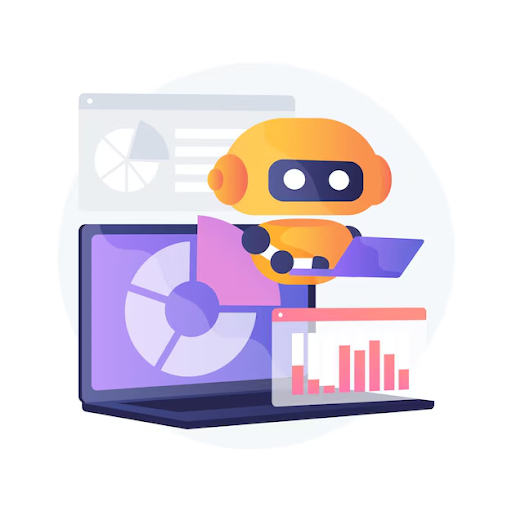
Deploying Agentic AI agents brings great potential to the supply chain, but also comes with numerous challenges. From a technical standpoint, integrating Agentic AI into existing systems, especially legacy applications, poses a complex challenge. Businesses need to have a careful plan and a team of technical experts to ensure the compatibility of the AI agent with existing workflows and infrastructure. Moreover, training the workforce to manage changes in operational processes and understand the insights provided by AI is extremely important.
In addition, the implementation cost is also a factor to consider. The initial investment for the development and integration of the AI system can be quite substantial, depending on the specific business requirements. These costs include training, system upgrades, and maintenance. Additionally, senior management needs to address issues related to privacy and data security, which are significant concerns when implementing AI Agentic. Compliance with data security standards and regulations is mandatory to ensure information safety for businesses and customers.
6. The development trend of AI Agentic in the future
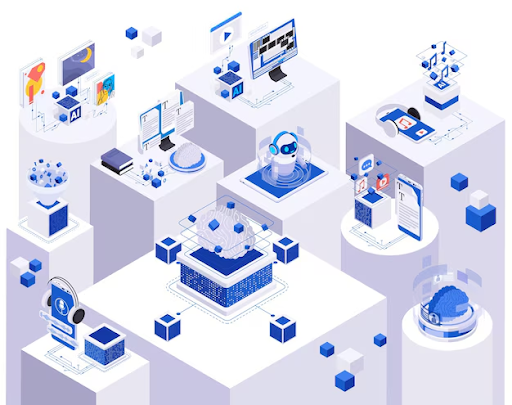
In the future, Agentic AI, or AI with the ability to make decisions and act independently, is expected to develop strongly and exhibit notable trends:
- Enhancing self-learning and self-adjustment capabilities: Future AI Agentic will become increasingly intelligent thanks to self-learning and self-adjustment abilities without human intervention. AI systems will have the ability to recognize and respond to changing environments flexibly, thereby improving their decisions and actions.
- Collaboration and interaction with humans (Human-AI Collaboration): AI Agentic will not only work independently but also closely coordinate with humans, creating collaborative models. AI will play the role of a powerful assistant, helping humans make more accurate decisions in fields such as healthcare, education, finance, and manufacturing.
- Autonomy and responsibility in action: Future Agentic AIs will have the ability to make decisions independently without continuous human supervision. This requires AI to have the ability to understand and apply ethical principles, laws, and responsibilities in its actions, avoiding negative impacts.
- Application in industries: AI Agentic will increasingly be widely applied in many fields such as healthcare (diagnosis and treatment of diseases), transportation (self-driving cars), manufacturing (process automation), and agriculture (smart crop management). These AI systems will operate independently or in coordination with humans to optimize work efficiency.
- Development in the field of ethical and legal AI: As AI becomes increasingly autonomous, ethical and legal issues will become one of the important factors that need to be addressed. There is a need for standards and regulations to ensure that AI operates within the framework of law and ethics, without causing harm to humans and society.
- AI Agentic in the creative field: AI Agentic will not only be used in scientific and engineering fields but also in creative industries such as art, music, design, and writing. AI can create unique works of art, even new creative products that humans have never imagined.
- Enhancing analytical and predictive capabilities: AI Agentic will develop robustly in its ability to analyze and predict trends, patterns, and behaviors. This can help businesses, governments, and organizations better understand complex issues, thereby making more accurate and quicker decisions.
In summary, the development of AI Agentic in the future will create many opportunities and challenges. These advancements will change the way we work, learn, and interact with technology, but they will also require strict management and control measures to ensure sustainable and safe development.
7. Conclusion
Overall, the application of advanced Agentic AI in the supply chain is not just a trend but a necessity in the current global competitive landscape. This technology provides superior automation capabilities, optimizes all processes, and enhances predictive abilities, thereby helping businesses save costs, increase revenue, and strengthen their market position. With the continuous development of AI, the future of the supply chain will become increasingly intelligent and efficient, and businesses that pioneer the adoption of this technology will have a significant competitive advantage. Contact us to receive free materials and advice on the latest technology trends.